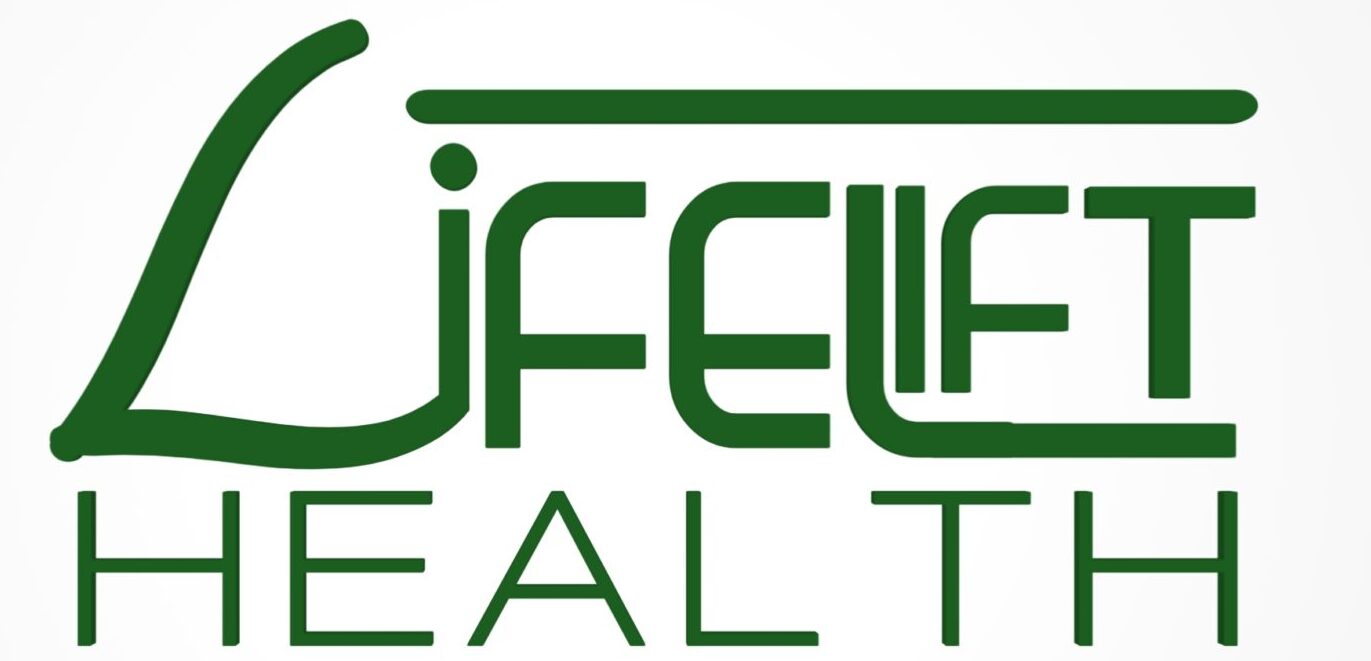: Introduction to Clinical Nutrition
Definition and Importance
Clinical nutrition is the science of understanding how nutrients affect health and managing nutrition-related conditions. It focuses on using diet to support healing, manage chronic diseases, and improve overall well-being. A well-balanced diet can prevent a multitude of health issues, making clinical nutrition a cornerstone of healthcare.
Role in Modern Healthcare
With the rise of lifestyle diseases like obesity and diabetes, clinical nutrition is more critical than ever. Hospitals, clinics, and even workplaces are integrating nutrition into patient care to ensure holistic health management.
What Is Dietetics?
Key Differences Between Nutrition and Dietetics
While nutrition covers the science of food and its impact on the body, dietetics focuses on applying this knowledge to plan and monitor diets for individuals and groups, particularly in clinical settings.

The Scope of Dietetics
Dietetics includes creating therapeutic diets for medical conditions, promoting public health, and ensuring food safety in institutional settings. Dietitians work with patients, communities, and healthcare providers to bridge the gap between nutrition science and practical applications.
Fundamentals of Clinical Nutrition
Macronutrients and Their Role
Proteins
Proteins are essential for cell repair, enzyme production, and overall growth. Clinical nutrition often emphasizes high-quality protein intake for patients recovering from surgery or illness.
Carbohydrates
Carbohydrates provide the primary source of energy. Managing carbohydrate intake is particularly vital for conditions like diabetes.
Fats
Healthy fats support brain health and hormone production. Clinical nutrition emphasizes the right balance of saturated, unsaturated, and trans fats for optimal health.
Micronutrients and Their Importance
Vitamins
Vitamins like A, C, and E act as antioxidants, while others support metabolism. Clinical diets often tailor vitamin intake based on specific health needs.
Minerals
Minerals like calcium and iron are crucial for bone health and oxygen transport, respectively. Clinical nutrition ensures these are part of the diet in the right proportions.
Water and Hydration
Proper hydration aids digestion, nutrient transport, and detoxification. Clinical nutrition often addresses hydration strategies, especially in conditions like kidney disease.
Dietetics in Healthcare Settings
Clinical Dietitian’s Role in Patient Care
Nutritional Assessment
Dietitians evaluate patients’ medical history, lab results, and dietary habits to develop personalized nutrition strategies.
Creating Diet Plans
They design meal plans that align with medical treatments, ensuring adequate nutrient intake while considering personal preferences.

Common Medical Conditions Requiring Specialized Diets
Diabetes Management
A controlled carbohydrate diet is pivotal for maintaining blood sugar levels.
Heart Diseases
Low-sodium and heart-friendly diets help in managing hypertension and cholesterol.
Gastrointestinal Disorders
Specialized diets reduce symptoms of IBS, Crohn’s disease, and other digestive issues.
Emerging Trends in Clinical Nutrition
Personalized Nutrition Plans
Role of Genetic Testing
Nutrigenomics helps create diets tailored to genetic predispositions, improving outcomes.
Adapting to Lifestyle Needs
Busy lifestyles demand flexible yet nutritious options, encouraging innovation in diet planning.
Technology and Nutrition
Nutrition Apps
Apps track meals, nutrients, and physical activity, making it easier to adhere to diet plans.
Telehealth and Online Consultation
Remote consultations bring dietitians to patients’ fingertips, expanding access to expert advice.

The Education and Career Path in Dietetics
Becoming a Clinical Dietitian
Educational Requirements
A bachelor’s degree in dietetics or nutrition is essential, followed by internships.
Certifications and Licensing
Certifications like RD (Registered Dietitian) ensure professional competence.
Career Opportunities in Clinical Nutrition
Hospitals and Clinics
Dietitians play a critical role in patient recovery and chronic disease management.
Research and Academia
Innovating nutritional therapies and educating future dietitians are rewarding career paths.
Challenges in Clinical Nutrition
Common Misconceptions
Many people confuse fad diets with evidence-based nutritional guidance, leading to ineffective results.
Addressing Patient Compliance Issues
Dietitians often struggle with ensuring patients stick to prescribed plans, requiring creativity and encouragement.
Conclusion and Future Prospects
Summary of Key Points
Clinical nutrition and dietetics combine science and compassion to promote health and well-being. The field offers a diverse and dynamic career path for those passionate about making a difference.
Future Trends in Clinical Nutrition and Dietetics
Advancements in technology, personalized plans, and greater public awareness ensure this field remains pivotal in healthcare.
FAQs
- What is the difference between a nutritionist and a dietitian?
Dietitians require formal education and licensing, while nutritionists often lack such credentials. - Can clinical dietitians treat eating disorders?
Yes, they collaborate with psychologists and physicians to address eating disorders. - How do I become a licensed clinical dietitian?
Complete a relevant degree, internship, and pass licensing exams like the RD. - Is personalized nutrition effective?
Absolutely! Tailored diets address unique health needs, improving outcomes.
What are the best sources to study clinical nutrition?
Accredited universities, professional organizations, and scientific journals are excellent resources

